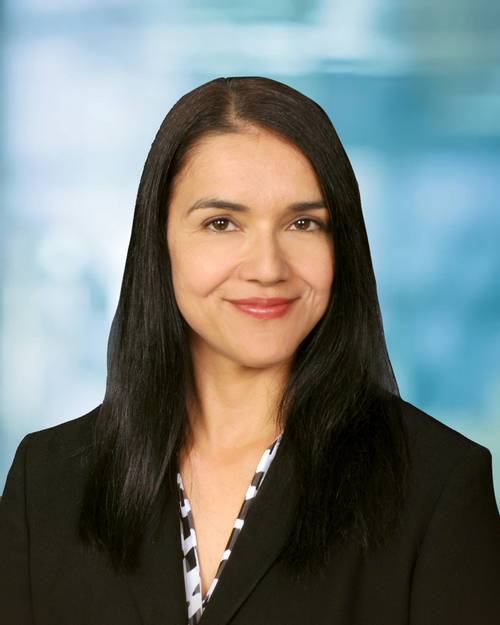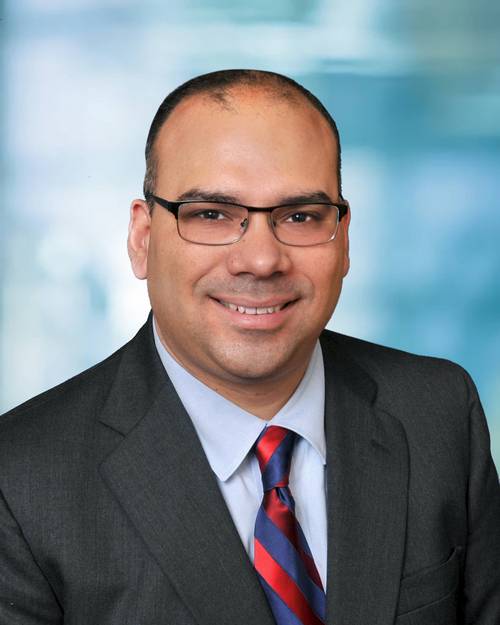Sarah Lahlou-Amine and Ezequiel Lugo Analyze Recent Florida Supreme Court Decision
October 23, 2018In a 4-3 ruling on October 15, 2018, the Florida Supreme Court in DeLisle v. Crane Co., SC16-2182, rejected once again the Legislature’s amendment of Section 90.702, Florida Statutes, to enact the Daubert standard for admissibility of expert testimony and re-affirmed the application of the Frye standard in Florida.
The Court’s ruling was based on its determination that in enacting the Daubert standard in the Florida Evidence Code, the Legislature impermissibly encroached upon the Florida Supreme Court’s rule-making power. Florida’s Constitution vests that power exclusively in the Court. The Court further found that the amendment conflicted with the Court’s prior express adoption of the Frye standard.
The Court had previously rejected the Legislature’s Daubert amendment to the extent it was procedural in In Re: Amendments to the Florida Evidence Code, 210 So. 3d 1231 (Fla. 2017). At the time, the Court did not address the constitutionality of the amendment. DeLisle now makes clear that the amendment was unconstitutional.
Which standard will apply going forward? For those litigating in Florida state courts, Daubert no longer applies, and Frye is the law of the land. This will likely be the case unless and until the Florida Supreme Court promulgates its own adoption of the Daubert standard. While that possibility may seem remote at this time, particularly given some of the access-to-courts concerns raised by the majority, it is worth noting that three of the four Justices who compose the DeLisle majority are nearing the end of their terms on the Court. Promulgation of a Daubert standard is viewed by some as an inevitability that will, at some point, bring the Florida Evidence Code in line with the Federal Rules of Evidence regarding the admissibility of expert testimony.
The DeLisle majority also left open the possibility that the Legislature may reenact the Daubert standard with a two-thirds majority in both chambers. This appears to be a more likely route because the recent amendment was approved by 75% of the Senate members and 58.3% of the House members. A less likely approach would be to codify the Daubert standard by constitutional amendment.
How does Frye differ from Daubert? Perhaps the biggest difference between Frye and Daubert is that Frye is a standard of limited application. As the Florida Supreme Court noted in DeLisle, Frye “applies only when an expert renders an opinion that is based on new or novel scientific techniques.” The scope of “new or novel” is also limited, as the Court has deemed entire topics of expert testimony, such as that concerning medical causation, not “new or novel” and, therefore, not subject to scrutiny under Frye. In the rare circumstances when Frye applies, it requires “the proponent of the evidence to prove the general acceptance of both the underlying scientific principle and the testing procedures used to apply that principle to the facts of the case at hand.”
In DeLisle, the expert testimony at issue addressed causation of the plaintiff’s mesothelioma. The trial court admitted the testimony over a Daubert challenge, but Florida’s Fourth District Court of Appeal held that the testimony should have been excluded under Daubert, and it reversed and remanded accordingly. In quashing the Fourth District Court of Appeal’s decision based on a rejection of the Legislature’s Daubert amendment, the Florida Supreme Court further observed that the causation of mesothelioma, and indeed medical causation as a whole, are not new or novel matters that would trigger Frye’s application. In other words, neither standard applies.
How will DeLisle affect litigants? Post-DeLisle, trial courts remain the gatekeepers of expert testimony, but without the relative predictability and structure one has come to expect under Daubert. The anticipated result is that efforts to exclude expert testimony, particularly in the realm of medical causation, will be less successful. However, where appropriate, litigants still may challenge the admissibility of expert testimony on the basis that specialized knowledge is not necessary to assist the trier of fact, or that the would-be expert is not qualified, among other grounds. In fact, certain challenges that a litigant would have made under Daubert can be made under these criteria or under Frye, where applicable. Ultimately, the admissibility of the testimony will be a matter subject to the trial court’s broad discretion.
For additional information, contact Sarah Lahlou-Amine or Ezequiel Lugo.



